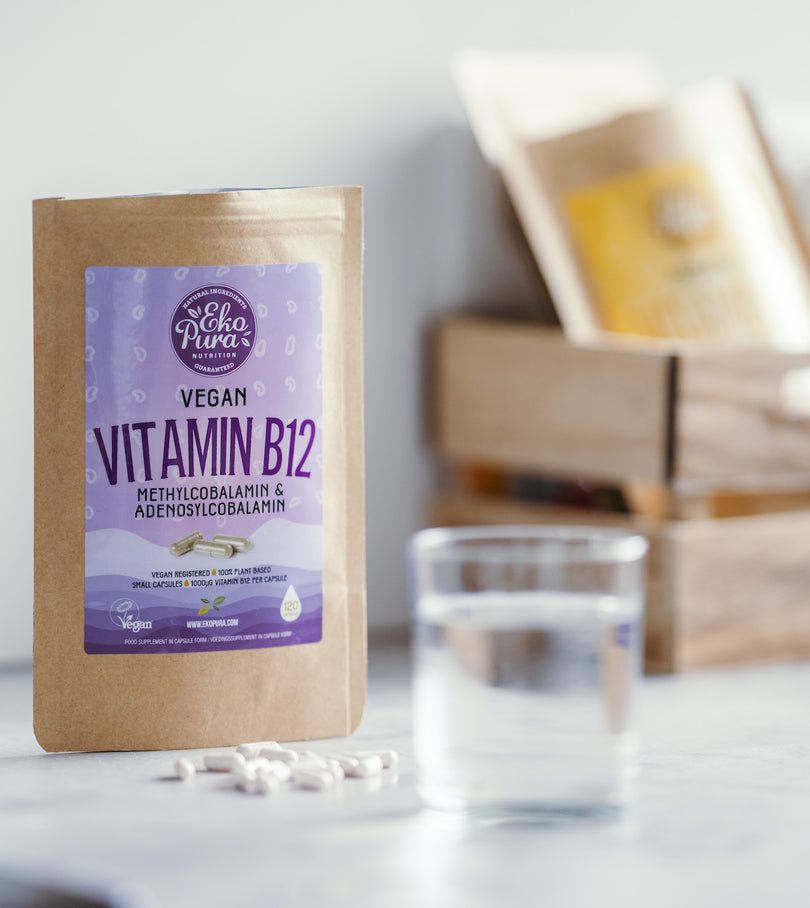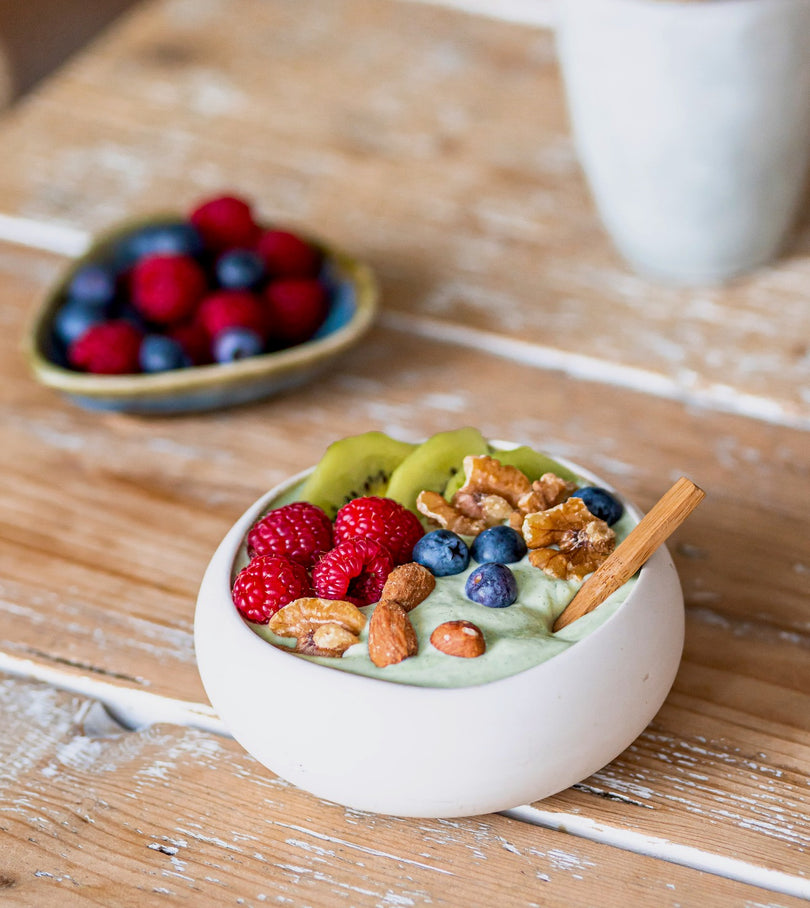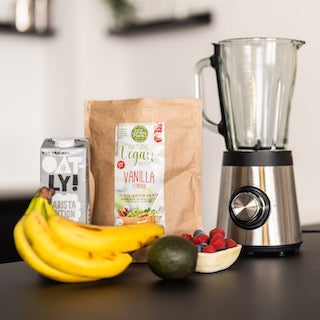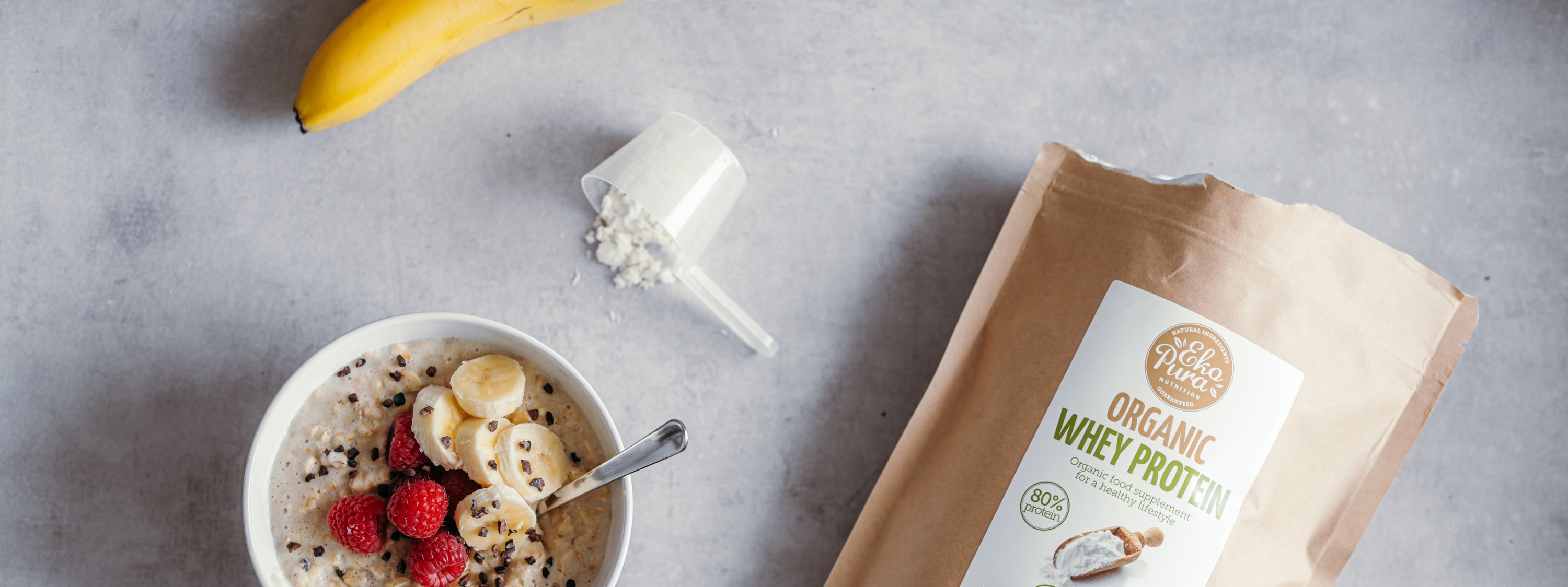Here's how you can avoid GMOs
Genetic modification is a technique that changes the properties of organisms such as crops. Genetically modified organisms are called GMOs (Genetically Modified Organisms) or GMOs (Genetically Modified Organisms).
With this technique, genes with positive properties from plants, insects or bacteria, for example, are added to other organisms. In this way, crops such as corn and soy are made resistant to insects and diseases in order to produce as efficiently as possible.
However, this upsets the natural balance. GMOs threaten biodiversity by depriving certain areas of nutrients for certain insects and bacteria that are part of our ecosystem. The negative consequences this causes are currently not sufficiently known.
Genetic pollution is irreversible, unpredictable and brings about a chain reaction of consequences for ecosystems. In addition, the long-term effects of consumption of these products on human health are still insufficiently known.
The European Food Safety Authority (EFSA) states that if there is more than 0.9% of genetically modified material in a product, it must be reported on the label. You can avoid them by choosing only certified organic, certified non-GM and regionally grown foods that have been grown naturally, without the use of genetic engineering.
Fortunately, more and more people and countries are becoming aware of the risks of GMOs in food. In addition to the safety of GMOs, EFSA looks at the risks to the environment. For example, they look at whether harmful substances are formed during the process of genetic modification. They also look at whether the modified plant can come into contact with other plants and whether the plant is toxic to animals.
What can you find GMOs in and where not?
- Most animals in the livestock industry (over 90%) receive genetically modified food, which indirectly ends up in our food.
- Especially corn and soy (from which flour, sweeteners and starches are made) are often modified. They are mostly found in compound products. Look at the packaging of sauces, soups and ready-to-eat meals and you will discover that genetically modified ingredients have been used almost everywhere.
- Most animals in the livestock industry (over 90%) are fed genetically modified food which indirectly ends up in our food as a result.
- Milk products and eggs: almost all milk products and eggs in the Netherlands come from animals fed GMOs.
- Cookies, chips and other snacks are compound products, so lots of modified sweeteners and starches.
- Ready-to-eat meals: compounded, so lots of modified ingredients.
- Oils and vegetable fats: olive oil is not modified. Many other "vegetable" fats do contain GMOs. Chances are also good that the margarine in your refrigerator contains GM ingredients.
- Bread, crackers and toast: GMOs are also used in bakery ingredients such as flour, protein or fat from soybeans.
At Ekopura, we know better than anyone else the importance of clean food and environmental impact. That is why our products contain no GMOs or other chemical and unhealthy additives but only honest, healthy ingredients.
Our organic products comply with the strict European rules for (organic) food in which GMOs are not allowed. Want to know more about our organic products? Then read on quickly.
















